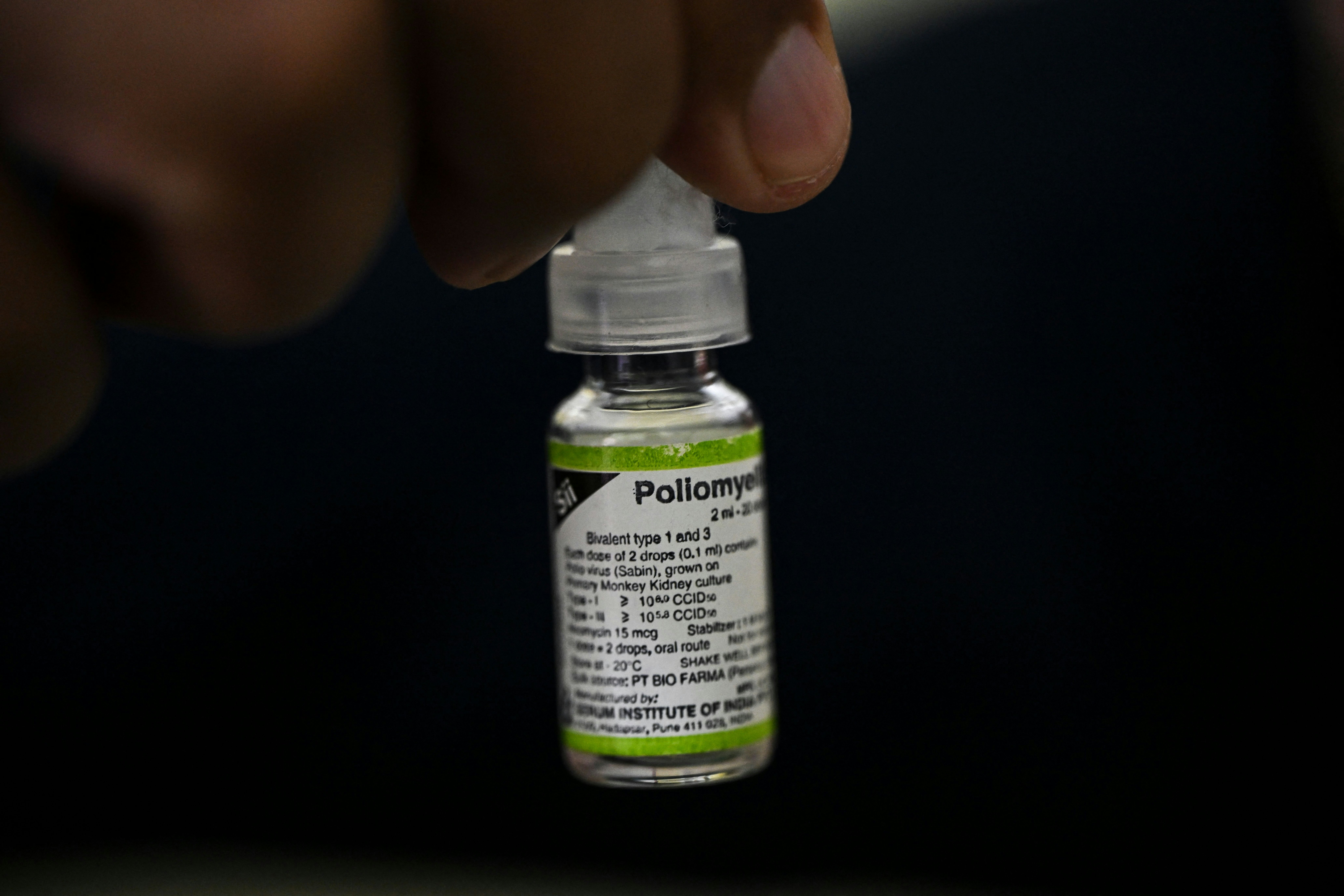
Last week, Vice News reporter Paul Blest tweeted, “Thousands of people just texted their moms ‘was I vaccinated for polio?” The tweet was in response to news that earlier this month, public health workers detected poliovirus in wastewater samples in New York, a revelation that was preceded by a confirmed case of polio in July.
Mary Bassett, New York State’s Health Commissioner, urged “adults and children to get immunized against polio — our greatest wall of defense against this dangerous, debilitating disease.” A full series of polio vaccination is 99 percent effective against paralytic polio.
If you’re like many adults, the first thing that went through your mind upon hearing the news was, ‘wait, am I vaccinated against polio?’ Unlike, say, tetanus, people don’t usually get boosters for polio. This means if you were vaccinated against the virus — the four-dose series is typically completed by age six — you likely don’t remember. And because the United States has mainly been polio-free for decades, you likely haven’t had much occasion to worry about your vaccination status. But now, you may want to know.
If you attended school or daycare in the United States between the 1960s and now, you’ve most likely received the polio vaccine. All 50 states and the District of Columbia have laws requiring any child attending school or daycare to be vaccinated against the virus. Some states allow for religious or philosophical exceptions, so your polio vaccination isn’t guaranteed, but it is highly likely. CDC data shows in the 2020-2021 school year, 93 percent of U.S. kindergartners had received four doses of the vaccine; that’s a slight decrease from the 2019-2020 school year, in which 95 percent of kindergartners were vaccinated against the virus.

If you’re still unsure, the CDC suggests asking your parents, looking through baby books and other childhood documents, and checking with the schools you attended or employers for whom you worked. You can also petition the state’s health department for records. Each state has slightly different requirements for obtaining those records: In some cases, it’s as simple as checking the state health department’s online database; in other cases, you may need to print and mail a form requesting the records. NBC News put together a list of each state’s requirements.
If you were vaccinated before your state started keeping an immunization registry, you might not be able to get your records through the health department. The dates registries began are dates are different for each state. Fortunately, state records aren’t your last option; a doctor can perform an antibody test to see if you’re immune to the virus.







